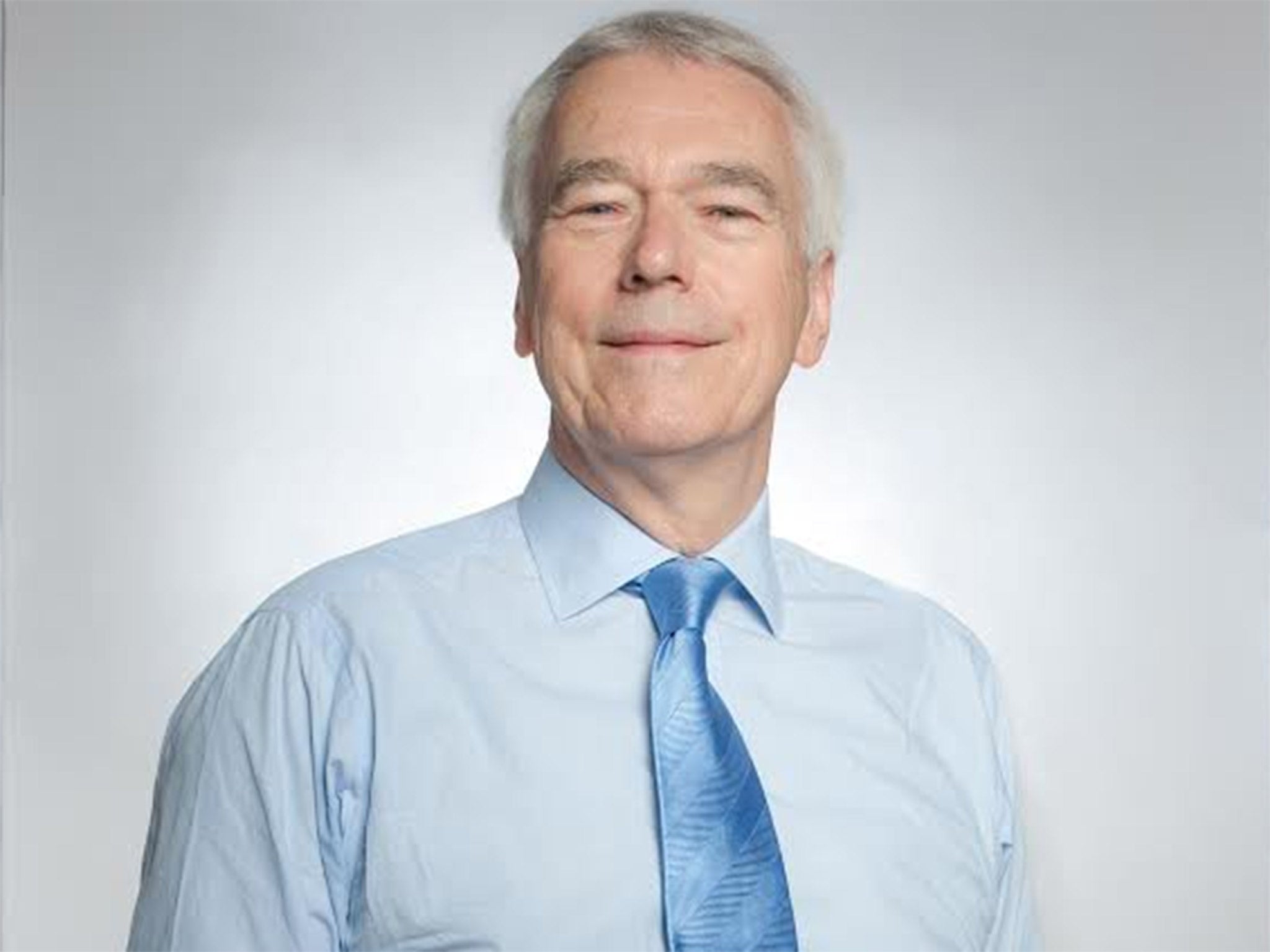Don’t wave flags and embrace immigrants if you want to be truly English
Professor Robert Tombs argues that England has a proud history of moral pluralism and multi-ethnicity

Your support helps us to tell the story
From reproductive rights to climate change to Big Tech, The Independent is on the ground when the story is developing. Whether it's investigating the financials of Elon Musk's pro-Trump PAC or producing our latest documentary, 'The A Word', which shines a light on the American women fighting for reproductive rights, we know how important it is to parse out the facts from the messaging.
At such a critical moment in US history, we need reporters on the ground. Your donation allows us to keep sending journalists to speak to both sides of the story.
The Independent is trusted by Americans across the entire political spectrum. And unlike many other quality news outlets, we choose not to lock Americans out of our reporting and analysis with paywalls. We believe quality journalism should be available to everyone, paid for by those who can afford it.
Your support makes all the difference.Despite the current debate surrounding immigration and national identity, England has for centuries been “nonchalant” about its "Englishness" and tolerant of other cultures, according to a major new history.
The conclusions, published tomorrow in the first single-volume history of England to be produced on this scale in almost a century, suggest that since Anglo Saxon times, the country has been reluctant to assert English nationalism. It says immigration is as much a part of the nation's psyche as “thatched cottages and cream teas”.
Renowned historian Professor Robert Tombs, who wrote The English and Their History, which delves back over the past 1,300 years, told The Independent that in recent decades “the English have largely accommodated the changes brought by moral pluralism and multi-ethnicity, incorporating them into new varieties of Englishness.
“Who could be more typically English than Elton John and Dizzie Rascal, Jessica Ennis and Rio Ferdinand?”
Refuting the arguments spun by several political parties who argue that a multi-ethnic society is part of the new make-up of modern Britain, Professor Tombs suggests that “immigration is as much part of our history as thatched cottages and cream teas because of the long period with which England has interacted with both its near neighbours and more distant parts of the world”.
The historian adds: “The English have long been nonchalant about nationhood and reluctant to assert English nationalism, even denying that there was such a thing.”
As the “core nation in a multinational state, and then in a global empire, it was neither desirable nor necessary to beat the nationalist drum,” he argues.
Professor Tombs, who teaches Modern and European History at St John’s College, claims: “Flag-waving came to seem embarrassingly or absurdly un-English... and to most English people it remains so.”
In his view, Englishness has been “shaped not by exclusion and opposition but by inclusion and expansion”. Its stance on national identity has made the English resistant to racism and broadly tolerant of other cultures, he said.
According to his new book, the rhetoric of Eurosceptics also stands in stark contrast to historical fact. Only between King Alfred and King Cnut, and then during the Tudor period (along with Wales), did England operate as an isolated political entity, he points out in his book.
Commenting on the prominence of immigration as a political issue, the historian said: “Political extremism, alienation, cynicism, xenophobia - all feed off pessimism, the idea of England in decline, drifting out of control. Our history shows us that we have been a lucky and successful country. We are not a country in decline.” The past “should remind us that our fortunes have always been made by openness to the world”.
This comes after the Independent yesterday revealed how highly skilled migrant workers from the European Union have provided a £20bn boost to Britain's finances over the past decade.
Asked whether the likes of Ukip leader Nigel Farage could learn from history, Professor Tombs replied: “I guess politicians don’t read books, especially not big books, but I hope they would learn to panic less and to a bit more serene about the future, and to realise that England, although it has its own distinct identity, for nearly all of its history has been part of some larger entity.”
Join our commenting forum
Join thought-provoking conversations, follow other Independent readers and see their replies
Comments